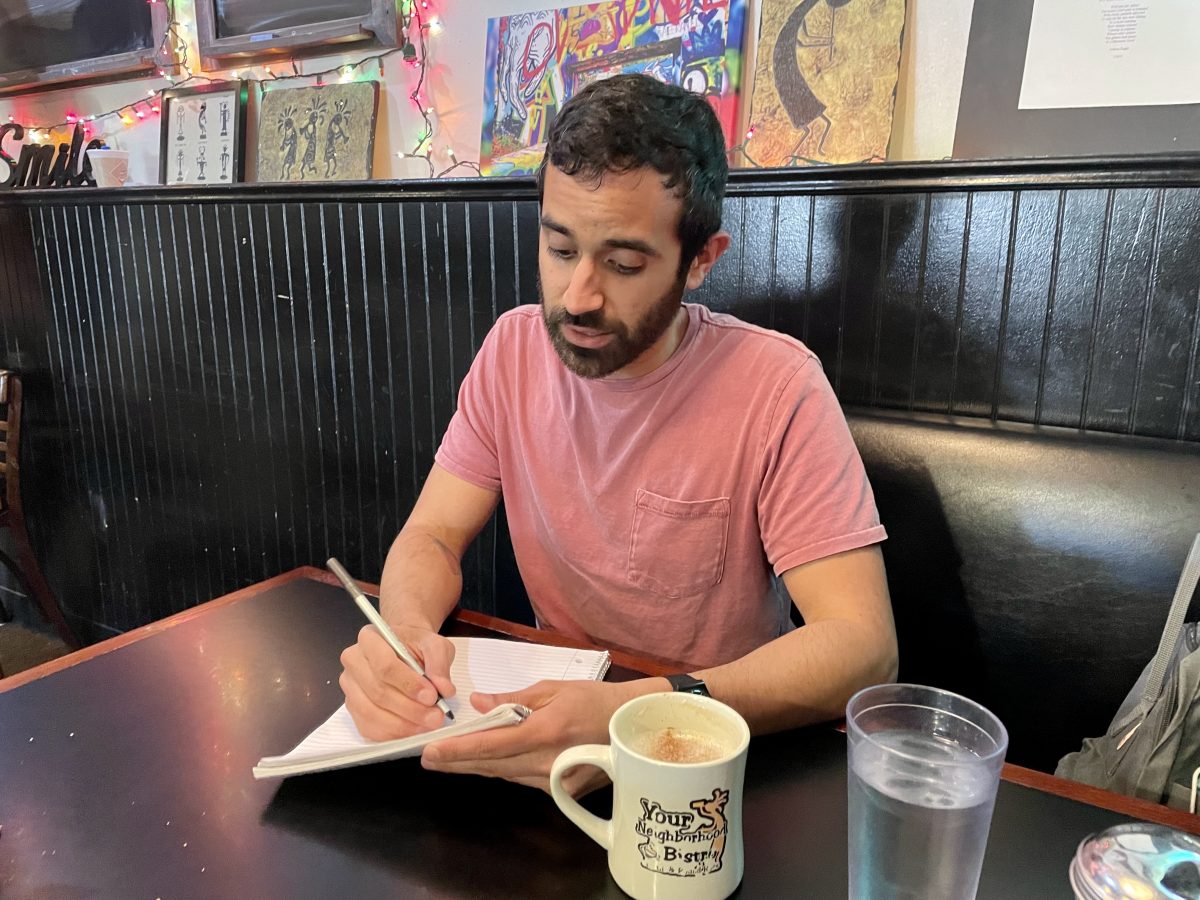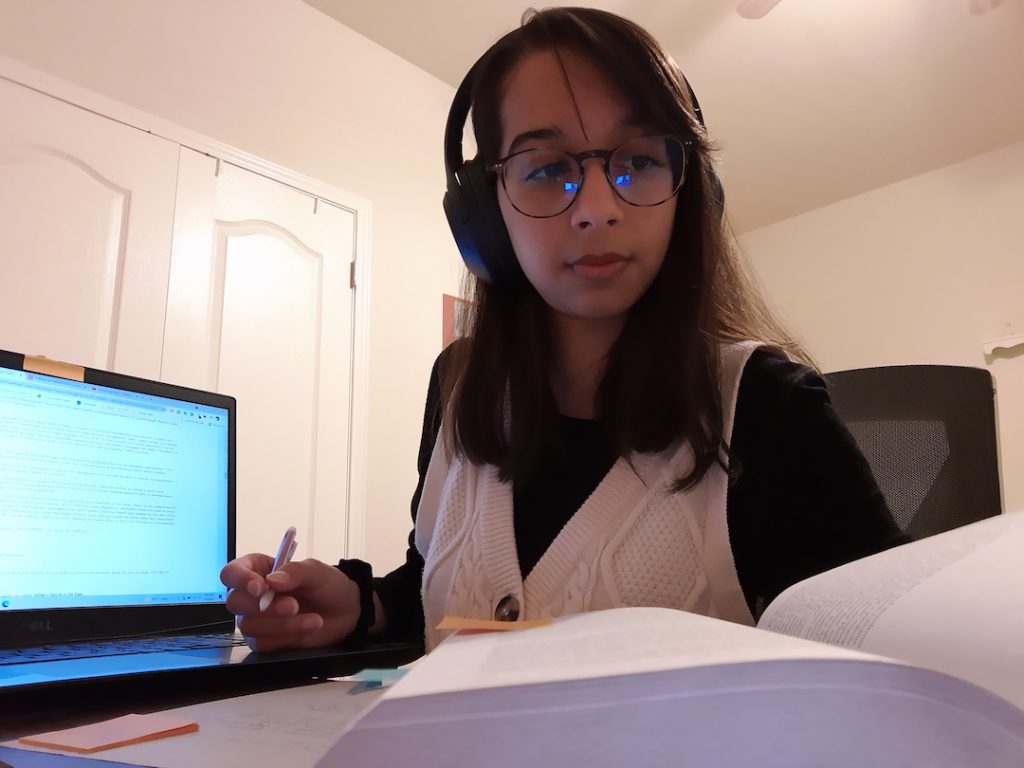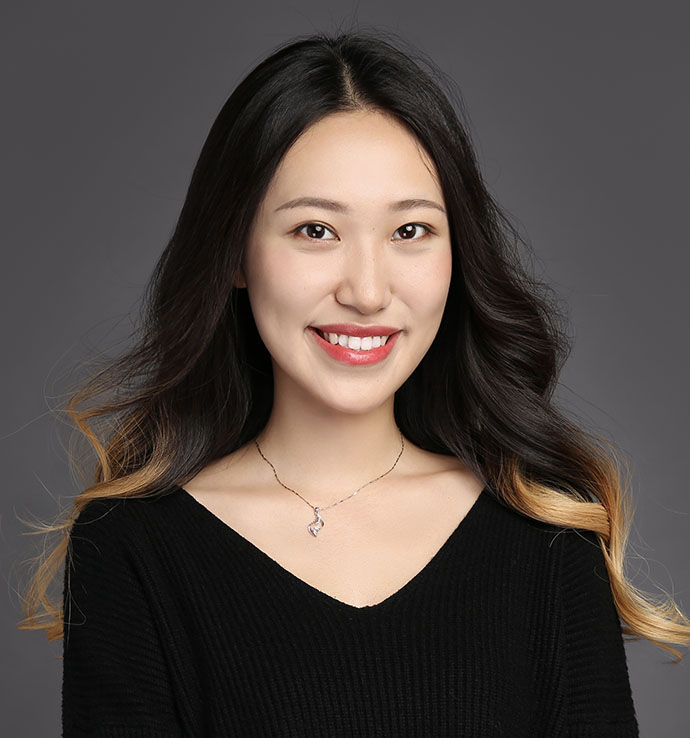The writer’s ever-changing journey to his current position has been a chart of restlessness and recklessness.
Story by Angelica Ruzanova
Edited by Pete Ramirez
Growing up in the border town of Edinburg, Texas in the Lower Rio Grande Valley known for its multicultural populace and immigration controversies, Pedro “Pete” Ramirez’s curiosity about his community and people prospered at an early age.
From orchestrating theatrical productions on stage at Texas State University to weaving his developed interest for photojournalism and writing on his personal email newsletter, Frontera Free Press, Ramirez embarked on an intuitive path to finding his “beat.”
“I would like to develop a beat which I can really focus on and potentially turn into an expertise,” he said. “I have a lot of different interests, and that’s really what fascinated me about journalism from the start. I love learning, and journalism allows me to learn a little about all the things I want.”
The mindset of the lifelong learner was cultivated after he graduated with a bachelor’s degree in theater from Texas State University, and began yearning for something greater than the resemblance between what he sees of himself and what his sharpened awareness told him others expected him to be. From being a brand ambassador for an energy drink beverage company to going into third-party logistics in the freight industry and later working as an assistant manager at one of the properties owned by Austin’s Housing Authority, it was new and different each time.
“I didn’t know what I wanted out of life,” Ramirez said. “And especially by this time, I have come to accept it. Everybody’s path is different and I am just going to enjoy the ride, learn as much as I can, and take care of people that are around me.”
Frontera Free Press, although overshadowed in the midst of his current positions, played a crucial role in developing his career in journalism after his involvement in an opportunity with the Google News Initiative which he stumbled upon while listening to a tech podcast.
“[Frontera Free Press] was geared towards community-oriented news about people, events, and different kinds of situations people went through which were diluted by these big scandals on immigration on the news in that area of the state,” Ramirez said.
The door of the unwelcomed pandemic opened a glimpse of new turbulence. Ramirez, having once again redirected his career towards property tax law working as a paralegal, found himself at a standstill.
In early 2020, as Ramirez made an impulsive decision to quit his law firm job to pursue a newfound job in culinary arts, Ramirez was thrown into the abyss of unemployment and became distraught as he watched the COVID-19 pandemic embed into daily life. “Here we are, in 2020. I was about to start a new career, and it all got whacked away,” Ramirez said.
At this point in life, Ramirez started taking journalism classes at Austin Community College, where he was referred to ACCENT, a student-led media organization. He began as a volunteer writer – taking any assignment that was thrown his way. The following semester, it seemed his superiors noticed the rushing enthusiasm to take on greater responsibilities. Ramirez was appointed as the editor-in-chief in the summer of 2021.
“Pete became ACCENT’s editor-in-chief at the most confusing and rough times,” said Kate Korepova, the Art Director of ACCENT Student Media. “He never thought of leaving the organization, but rather did everything possible to keep the staff happy and positive, only hoping for the best. He sympathizes with every member and is always willing to help.”
Ramirez’s future goals are pragmatic, as he strives to build a steady portfolio and carries hopes to one day move onto his dream job working as a reporter for the Texas Tribune. “I would like to be a better journalist, applying the AP style and distinguishing between ethical and unethical scenarios as there are a lot of gray areas.”
Ramirez’s journey, though rugged and unpredictable, echoed a portentous road of new beginnings.
“I approach it as never being able to stop growing and developing. Really, nobody ever does,” Ramirez said. “We are always changing. That’s the only constant in life – change, within everybody and everywhere in the world around us.”
This story was produced in Professor Paul Brown’s spring 2022 News Reporting class and a nearly exact version can be found on their class website, ACC Star. In collaboration with Professor Brown and with his express permission, we published the story here on ACCENT’s website.









